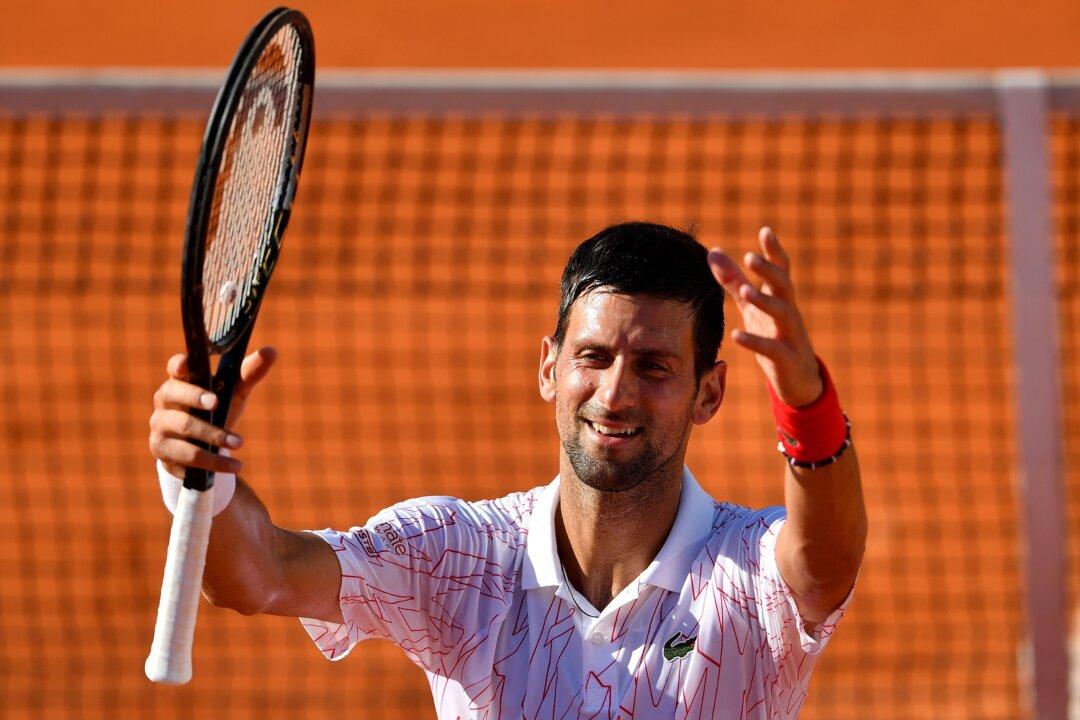Novak Djokovic has issued a statement apologising for not isolating after testing positive to COVID-19 in December saying that he had felt obliged to do an interview and believed since he was asymptomatic and was socially distanced it would be alright.
“This was an error of judgement and I accept I should have rescheduled this commitment,” Djokovic said.





